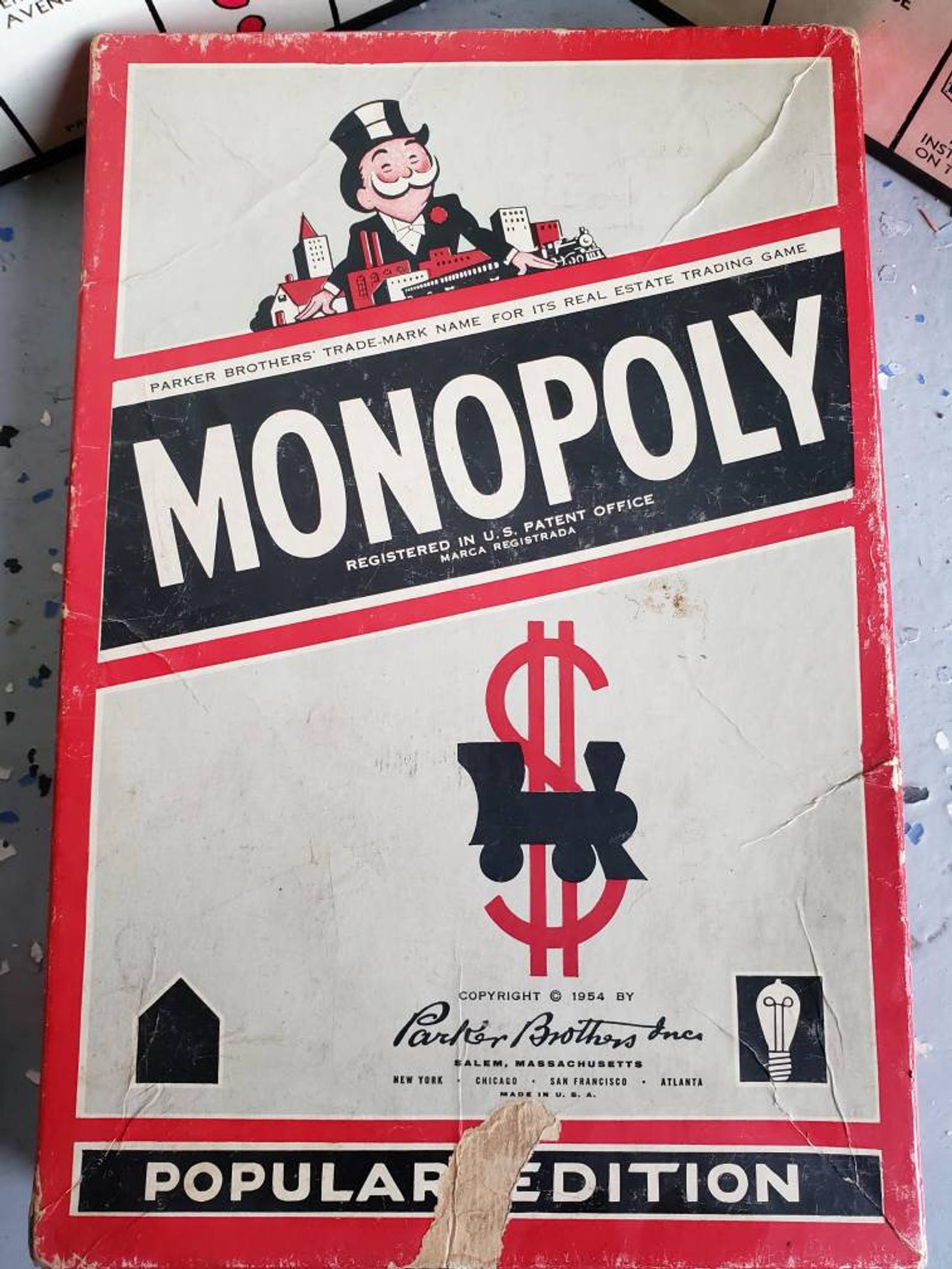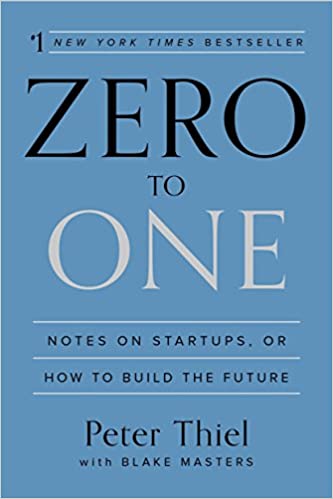Peter Thiel is a entrepreneur and venture capitalist. He is a co-founder of PayPal, Palantir Technologies and Founders Fund. He was ranked No. 4 on the Forbes Midas List of 2014, with a net worth of $2.2 billion, and No. 328 on the Forbes 400 in 2018, with a net worth of $2.5 billion.
In his book Zero to One: Notes on Startups, or How to Build the Future he discusses how he became successful in business through counter intuitive thinking.
He discusses the concept of horizontal progress versus vertical progress. Horizontal progress is copying things that work while vertical progress is doing new things. He considers doing new things as creating new technology while he considers horizontal progress globalization or scaling technology.
Focusing on client acquisition leads to exponential growth but exponential costs as well. Therefore, advance incrementally and safely towards a goal. Stay lean and flexible. Treat growing a business as an ongoing experiment. When there is a market that already has a client base you can improve on it which can incrementally grow into something new. Like all great companies Focus on building great products and your clients rather than your competition, advertising, and sales. If your product requires people to tell you why its good then the product is not good enough.
If you want to start a business ask yourself : “What valuable company is nobody building?”
Competition is generally a destructive force that causes damage and ruin profits. Wherever possible find ways to enter into the market where there is no competition.
There are two general types of business (1) perfectly competitive and (2) monopoly
Peter believes competition is for losers and his perspective is that a company’s goal should always be to develop a monopoly.
He feels that sometimes businesses forget that their goal is to create x dollars of value that captures y% of x total market share dollars
where x and y are independent variables.
Perfect Competition:
Pros
Easy to model is efficient when everything is static
Politically stable
Cons:
Not a good approach to long term viability in hyper competitive situations
Monopoly:
Pros:
Stable long-term business
There are many creative monopolies such as patents and copyright.
Cons:
Monopolies have some negative social ramifications and usually has a negative connotation but usually monopolies (may be truly short term differentiated advantage) don’t exist over a long period of time. The only time where monopolies are bad is when it stops industry growth and innovation.
If you think about it you’ll realize that businesses are deceptive about their type depending on where they sit in the spectrum of perfectly competitive commoditized offerings and monopolized differentiated advantage. Companies create distortion by lying are in opposite direction. Those who focus on monopolies pretend that they don’t and exist in a competitive market. Those that focus on competition have small differences between competitors but overemphasize this small difference. Restaurants are a great example of this. Because there is so much competition you have to make a very narrow distinction about your offering such as ‘We are the only British food in Palo Alto’; a market too narrow actually be differentiated. In the opposite end of the spectrum – Google has a huge search market share in search. So, if they say they are in the advertising market then Google can make the argument that it holds a smaller market share overall and there is a lot of competition for what they do. There are very powerful incentives to distort these markets. Tech creates monopolies because they accumulate a lot of cash and reinvest it for exponential growth. Non monopolist want you to believe that they are the only one on the market while a business with a monopoly disguises the fact that they are not.
Now, to create a monopoly you must create an innovative product that has long term future profitability. The most innovative products are an order of magnitude of the next best thing. To create a true monopoly you must focus on the long term durability of a business as well as growth. Ask yourself – will this business be around a decade from now? It is not enough to have a monopoly for the short term. You want to be the last company in a category. For example, Google is the last search engine.
Some ways to determine long term future durability –
Proprietary Technology: makes your product difficult to reproduce. Your proprietary technology must be significantly better than what is currently available to sustain a differentiated advantage.
In software the world of bits allows for a fast adoption. The most innovative products are an order of magnitude of the next best thing. Once you make a breakthrough then you keep making innovations at a pace to stay ahead. You must begin by studying the end game. Ask yourself, ‘why will this be still the leading company 10 to 15 years from now?’.
Public good or scientific innovations may meet this rule but no one made any money. The scientists are told that they are better people if they don’t want to make money. This rationalization means that everything is competed away. That rationalization is that it obscures the goal to capture x revenue and y % of market share. Competition is for losers. We think generally of losers as people who can’t compete. But we need to rethink this because it is a psychological blind spot. The idea that there are a lot of people doing something is proof of insanity. You get so wrapped up in these identities you forget what is important. Competition means you get better but you lose sight of is actually important.
Network Effects: Network effects can be powerful drivers for a business but only if it also works when the network is small. If it only works at a large scale you may never get there.
Network effects are often hard to get started. There is a tricky question is why should someone be the first person to join your network.
Economies of Scale: The benefit of scaling is that costs can be spread out. However, many businesses only gain limited advantages from scaling like services businesses as margins are fairly low.
Branding: While a tech company cannot sustain itself on brand alone having a strong brand is imperative to success. That said, just polishing the surface is insufficient if you don’t have great products.
Branding is the idea that gets lodged into people’s brain and is a real phenomenon when it happens correctly.
Every company should start with a very small market as it is easier to dominate with a small focused group than a larger one. If you think your market initially is too big it probably is. The best target market is a small concentrated group of people served by little or no competitors.
The opposite is when you have very big markets. When you’re in a vast ocean that is not a place you want to be. You don’t want that because you probably have competition you don’t realize you have.
All happy companies are doing something unique.
All unhappy companies have competition.
Start with a small market and take over that market. Over time you expand that market in concentric circles.
Some Examples:
Amazon is the best book store in the world then expanded into e-commerce.
eBay start with selling pez dispensers and eventually got to other e-commerce.
Paypal started with power sellers on eBay. There was a sense that these were selling junk.
Develop vertically integrated complex monopolies. These vertically integrated monopolies own the supply chain end to end; an achievement that doesn’t happen because it is capital intensive. It is hard to get people to buy into something and get funding if it is complicated and takes a long time to build. Examples of a complicated vertically integrated monopoly is SpaceX.
To truly create a differentiated company avoid buzzwords. To Peter buzzwords are a smokescreen that is the equivalent of saying ‘we are something of somewhere’ but it is really just nowhere. To Peter if you hear buzzwords then you should think fraud and stay away from these companies.
These are all Peter truisms – It may be better to risk boldness than triviality, a bad plan is better than no plan at all, competitive markets destroy profits, sales matters just as much as product.
Peter’s book goes on further to explain his view on starting a successful company and I definitely suggest it for all those interested!
Purchase Peter Thiel’s book Zero to One from Amazon here to read more:



